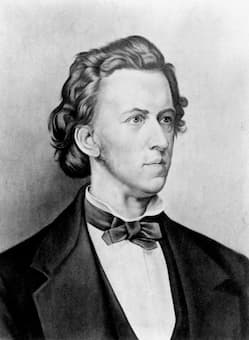
Frédéric Chopin, after a portrait by P. Schick, 1873
© Library of Congress, Washington, D.C.
One of the greatest piano concertos ever, Chopin Piano Concerto No. 1 in E minor has long been a cornerstone in the repertoire of many concert pianists. It was actually Chopin’s second piano concerto, as it was written after the premiere of Piano Concerto “No. 2” in F minor. Preceded by trials with a quartet and a small orchestra, the premiere took place in October 1830 at the National Theatre of Warsaw with great success. The concerto enjoyed immediate popularity and remained so up to this day.
As we appreciate this masterpiece, we should imagine ourselves as the 20-year-old Chopin deeply enchanted by his first love, Konstancja Gładkowska, who inspired both of his piano concertos. Chopin wrote to his friend Tytus Woyciechowski, “As I already have, perhaps unfortunately, my ideal, whom I faithfully serve, without having spoken to her for half a year already, of whom I dream, in remembrance of whom was created the Adagio of my Concerto” (referring to his Piano Concerto in F minor). Before Chopin left Warsaw, Gładkowska wrote the following poem in Chopin’s diary to bid him farewell:
Yet while others may
Better appraise and reward you,
They certainly cannot
Love you more strongly than we.
I. Allegro maestoso
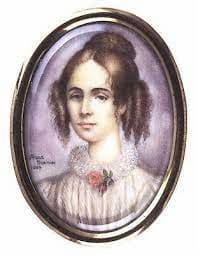
Konstancja Gladkowska
The orchestra makes a majestic declaration, followed by the second theme in E major marked cantabile, but the music soon resumes its agitated mood. In fact, the indication maestoso often appears in Chopin’s music, such as in Polonaises Op. 26 No. 2, Op. 53 (“Heroic Polonaise”), Op. 71 No. 1, as well as the first movement of Piano Concerto No. 2 in F minor. The piano part presents itself with a powerful, dignified first theme, while the second theme in E major conveys much warmth and intimacy. Later, the second theme appears again but this time in G major, creating a heartrending contrast with the ensuing section with spiralling anxiety and coda, ending in sudden unison in forte.
II. Romanze: Larghetto
The second movement is a breathtakingly beautiful, reverie-like recollection of fond memories, despite the transient turbulence in the middle. In Chopin’s letter to Woyciechowski, he wrote “The Adagio of the new concerto is in E major. It is not meant to create a powerful effect; it is rather a Romance, calm and melancholy; giving the impression of someone looking gently toward a spot which calls to mind a thousand happy memories. It is a kind of reverie in the moonlight on a beautiful spring evening.” There’s probably no better description than this.
III. Rondo: Vivace
While the first two movements were swiftly written, the third movement was completed with some difficulty in August 1830. Full of zeal, vigour and youthful energy, the final movement is based on Krakowiak, a syncopated folk dance from Kraków in 2/4 time. The styl brillant lives up to its full potential with the dazzling passagework, demanding much virtuosity from the soloist. Aside from the technical bravura, the underlying dancing pulse adds even more vivacity to the music. Eventually, the music is brought to a truly triumphant conclusion.
Below are some recommended recordings from me, which are by no means exhaustive!
Krystian Zimerman, Polish Festival Orchestra
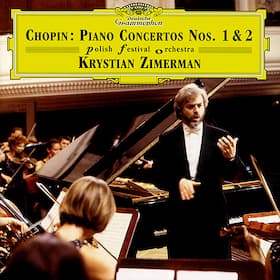
© Deutsche Grammophon
Zimerman’s unremitting pursuit of perfection is astonishing – hand-picking each of the musicians of the orchestra, meticulously (or obsessively) planning the travel route, accommodation and meals for musicians during the concert tour, rehearsing for painstakingly long hours, etc. The outcome is equally remarkable, to say the least.
Right from the opening of Allergo maestoso, there was immaculate attention to orchestral parts, revealing many nuances that haven’t been heard of previously. Every sound was tastefully sculpted, each phrase scrupulously shaped, with rubato plentiful. Zimerman’s pianism was exceptional as usual – from the luscious tone colours in Romanze to the technical brilliance in Rondo. This is not only a legendary recording of this masterpiece but also of Chopin’s music as a whole.
Frédéric Chopin: Piano Concerto No. 1 in E Minor, Op. 11 – I. Allegro maestoso (Polish Festival Orchestra; Krystian Zimerman, piano/cond.)
Frédéric Chopin: Piano Concerto No. 1 in E Minor, Op. 11 – III. Rondo: Vivace (Polish Festival Orchestra; Krystian Zimerman, piano/cond.)
Bella Davidovich, Sir Neville Marriner, London Symphony Orchestra
Having studied at the Moscow Conservatory under Konstantin Igumnov and Yakov Flier, Bella Davidovich shared the first prize with Halina Czerny-Stefańska in Chopin Competition in 1949. When I encountered this recording, I was immediately struck by the simplicity, naturalness and poetry in her Romanze. Long singing lines were maintained with bel canto by Davidovich, who was known for her singing tone and sensitive touch. It was completely devoid of sentimentality, coupled with a fine balance between classicism and romanticism, which many pianists overlook today. On the other hand, her reading of Rondo, albeit not the most extroverted, had such poise with a natural emphasis on the underlying pulse.
Bella Davidovich Plays Chopin’s Piano Concerto No. 1 in E minor – II. Romanze: Larghetto
Bella Davidovich Plays Chopin’s Piano Concerto No. 1 in E minor – III. Rondo: Vivace
Kyohei Sorita, Andrzej Boreyko, Warsaw National Philharmonic Orchestra
In my humble opinion, this is the most outstanding rendition in Chopin Competition in 2021. Combining respect for tradition and creativity, Sorita unearthed so many details throughout (especially inner voices from the left hand), which asked for a deep understanding of the score. For instance, listen to his left hand from 9:20 to 9:28, from 14:18 to 14:22, and the inner line from 12:47 to 12:52. Meanwhile, the emotional aspect was never ignored – żal, poignancy, tranquillity and bliss were all distilled into the first movement, while the final movement was filled with ebullience and verve. What a delight!
For more of the best in classical music, sign up for our E-Newsletter
Kyohei Sorita Plays Chopin’s Piano Concerto No.1 in E minor

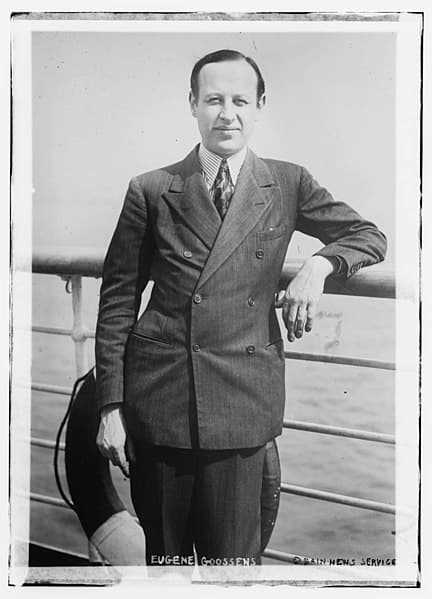
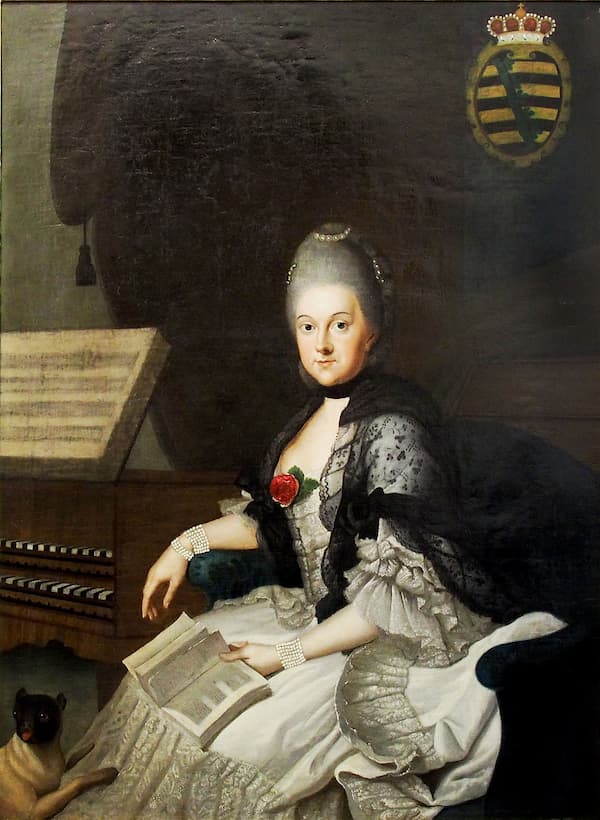
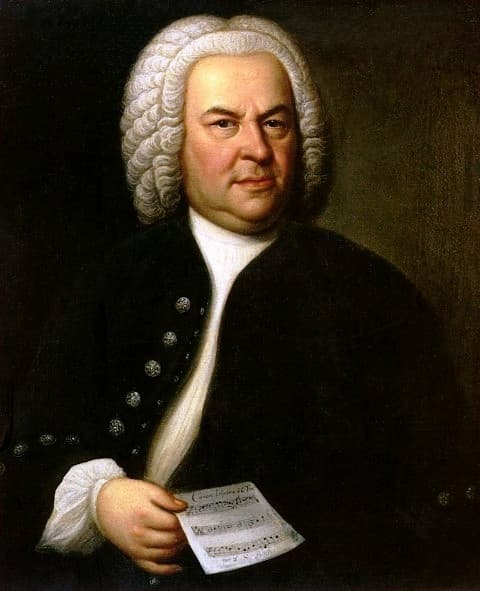
For N1 I recommend Emil Gilels and Eugene Ormandy conducting Philadelphia Orchestra, for N2 Artur Rubinstein with Witold Rowicki conducting Warszaw National Philharmonic Orchestra